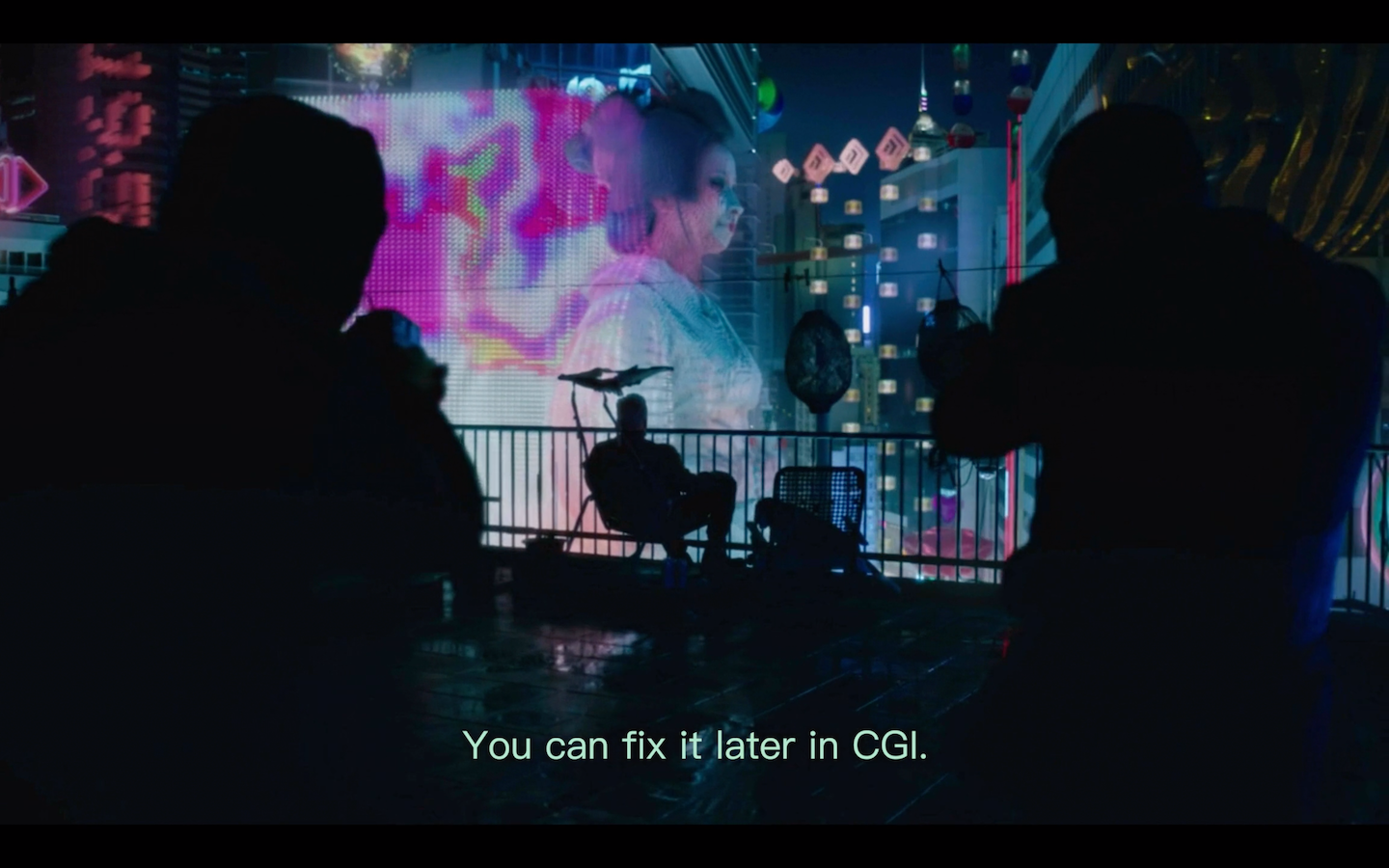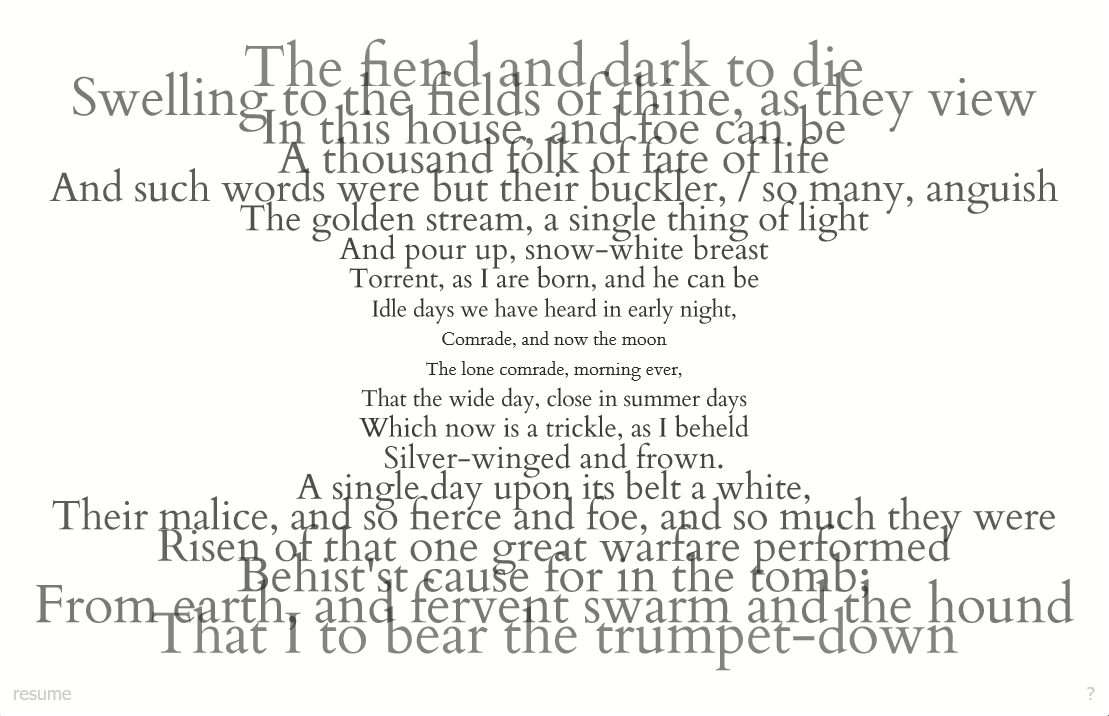As the World Burns: On Media and Climate
Vol. 21 No. 1 (2025)
Guest edited by Corinna Kirsch (Pratt Institute) and Rebecca Uliasz (University of Michigan), this special issue of Media-N titled As the World Burns: On Media and Climate takes up the ambiguous relation of the terms media and climate as a provocation for critical theoretical, historical, and artistic intervention. The articles, interview, and reviews in this issue ask: what are the aesthetic, cognitive, and social challenges posed by climate change? Which critical methods lend material specificity to the expansive entanglements of media and climate—across finance, technology, politics, colonialism, race, information, affect, and culture? With wide-ranging interdisciplinary perspectives, the contributions in this issue map new terrains in media and ecocriticism—revealing not just that media impacts environments, but that environments are deeply destabilized in ways that call forth perspectives on living in and through uncertain futures.
Cover Image:
Tega Brain and Sam Lavigne, Logo for Offset, 2024
- https://offset.labr.io/
Trans New Media as Embodied Practice
Vol. 20 No. 1 (2024)
Guest edited by Ace Lehner (University of Vermont) and Chelsea Thompto (Virginia Tech) this special issue of Media-N titled Trans New Media as Embodied Practice asks: How do trans artists engage generatively with new media? In what ways does lived trans experience inform artistic practices? How do trans new media practices diverge and intersect with queer practices? The articles, artist projects, interview, and review in this issue engage with the political and embodied experience of making and engaging with new media as a trans person.
Cover Image:
A Screenshot from Allison Parrish's computer-generated poem "Reconstructions" (2020)
A live version can be viewed here:
Afterlives of Data
Vol. 19 No. 1 (2023)

Zach Blas, Contra-Internet: Jubilee 2033, featuring Cassils. HD film still, 2018.
Commissioned by Gasworks, Art in General, and MU. Courtesy of the Artist.
Guest edited by Brian Michael Murphy (Bennington College) and Kris Paulsen (The Ohio State University), this special issue of Media-N features articles, artist projects, reviews, and an interview that address the ways that the material conditions of data and art are shifting, and how thinkers, artists, and scholars can offer crucial scaffolding for understanding how we arrived here. Our contributors present prehistories of data models we take for granted and provide historical contexts that clarify what is new and what is not, helping us to see where we now might be headed. NFTs, DNA data, the sensuous traces of e-waste, facial recognition software trained on marginalized subjects, and the institutionalized processes of dispossessing human subjects from their colonial contexts all present ways in which data comes to have an afterlife that haunts our present and potential futures.
No Template: Art and the Technologies of Race
Vol. 18 No. 1 (2022)

Still from Virtually Asian, Astria Suparak, 2021, video. Image courtesy the artist.
Guest edited by art historian Megan Driscoll (University of Richmond), No Template: Art and the Technologies of Race is a special issue of Media-N that was conceived amidst a resurgence of discourse on the relationship between race and the technological. This issue responds in particular to Beth Coleman and Wendy Hui Kyong Chun’s concept of “race and/as technology” wherein race operates as technē, a prosthesis or skill that can be leveraged by—or against—individuals within systems of power. No Template approaches this concept from the unique perspectives of art and visual culture, asking: How can artistic practice better elucidate the racialization of technology and the technologization of race?
Re@ct: Social Change Art Technology
Vol. 17 No. 2 (2021)
This special issue of Media-N, co-edited by Sarah Cook, Joseph DeLappe, and Laura Leuzzi, gathers essays, artists' statements, and experimental writing projects from selected participants in Re@ct: Social Change Art Technology, a three-day symposium held in Dundee, Scotland in 2019, in partnership with the NEoN Digital Arts Festival.
Forking Paths in New Media Art Practices: Investigating Remix
Vol. 17 No. 1 (2021)
This special issue of Media-N on contemporary approaches to remix was inspired by Jorge Luis Borges’s short story, “The Garden of Forking Paths,” a recurring point of reference in the development of media culture. Prior to terms such as new media, digital art, media art, and remix, Borges’s narrative exploration of bifurcation as a means of reflecting on the possibility of multiple simultaneous realities with no clear beginning or end has offered a literary and philosophical model for creative uses of emerging technology throughout the twentieth century. The essays included in this special issue provide a glimpse into the relation of Borgesian multiplicity and remix as an interdisciplinary methodology.
Humans are Underrated: Art and Labor after Amazon
Vol. 16 No. 1 (2020)
This special issue of Media-N gathers perspectives on artistic labor in an increasingly automated global economy, focusing on the impact of artificial intelligence and the role of Amazon.com, Inc. in reshaping how work is defined, valued, and performed. Our contributors are artists, curators, scholars, and critics interested in labor value, emerging forms of exploitation and alienation, as well as new possibilities for collective resistance, solidarity, and critique.
CAA Conference Proceedings 2019
Vol. 15 No. 2 (2019)
These documents represent select proceedings of the activities of the New Media Caucus at the 2019 College Art Association Conference in New York City, which took place February 13–17, 2019. More information about these gatherings can be found at http://www.newmediacaucus.org/caa-2019-in-nyc/
Autonomous Art Systems
Vol. 15 No. 1 (2019)
For this issue, guest editors Nick Bontrager and Adam Fung invited submissions about the use of “Autonomous Art Systems.” Submissions included work on tethered and untethered systems of making, autonomous vehicles, and related programming in creative fields of study. Relevant subjects included: artworks that address concepts of drones or surveillance as subject or form; the influence of emerging technologies on studio art practices; or critical/historical analysis of the entanglement of art and technology.
CAA Conference Edition 2018
Vol. 14 No. 1 (2018)
This collection of essays and reports documents many of the activities of the New Media Caucus at the 2018 College Art Association Conference in Los Angeles, California, which took place February 22–24, 2018. More information about these gatherings can be found at http://www.newmediacaucus.org/2018-caa-los-angeles-events/











